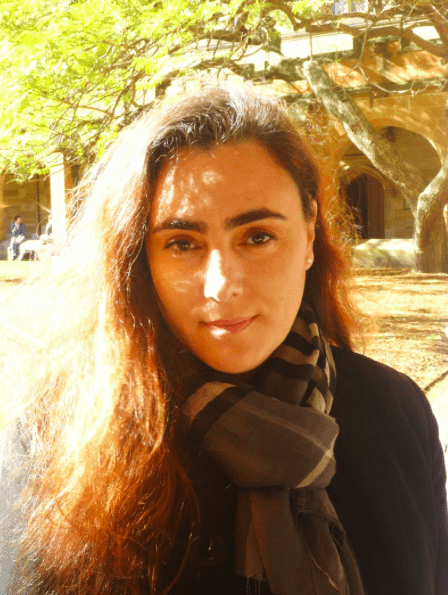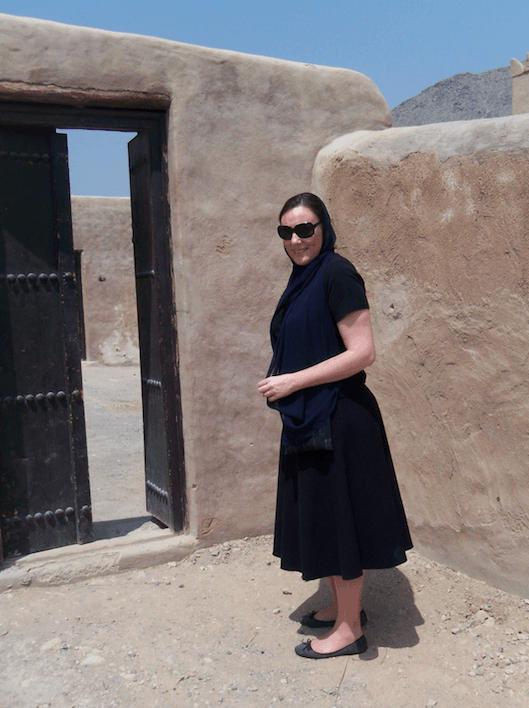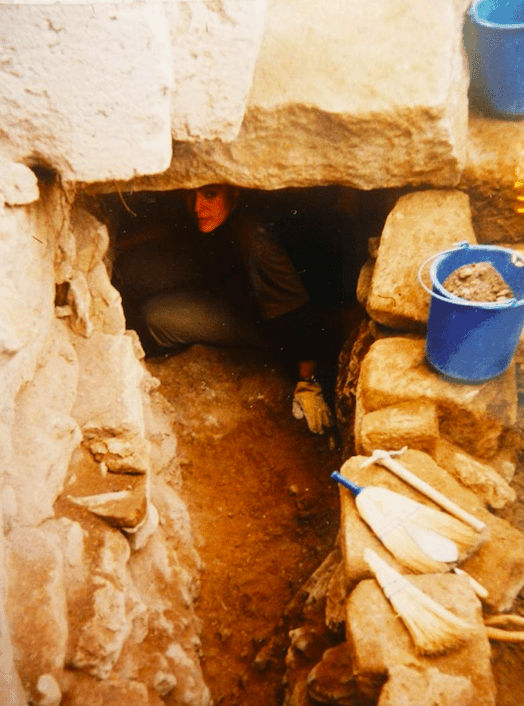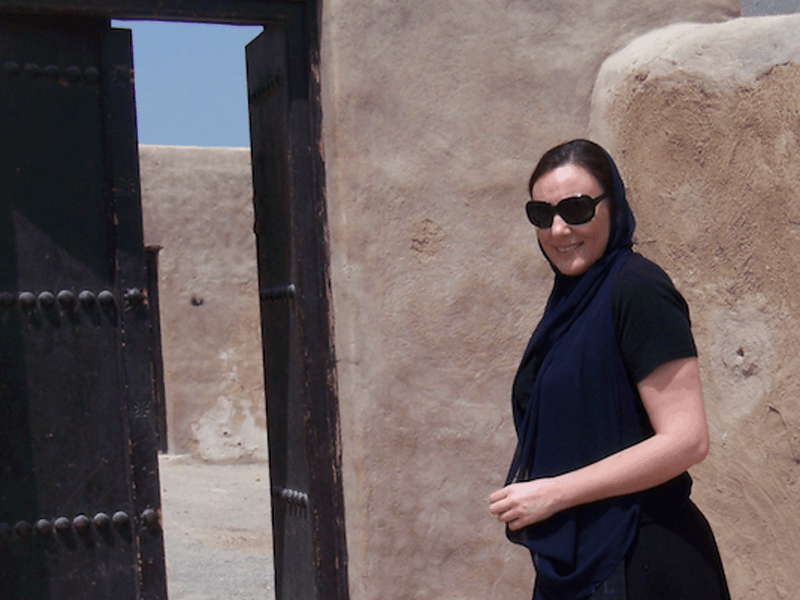Talking with Dr Archondia Thanos made me want to enrol in an archaeology degree. Or at the very least shadow her on an excavation in Greece. There was something about the understated way she described her passion for archaeology, the mystery, the significance, the piecing together of information bit by bit that drew me right in.

She does not come across as the typical archaeologist one might conjure up in their minds. Young, personable, with flowing hair, a ready smile and an encyclopaedic knowledge of her chosen field, you can safely assume she is a sought after lecturer, teaching her students more than the assigned coursework. When asked what important advice she gives all her students she immediately responds “You have to go where the evidence is taking you. Sometimes we are not prepared for the answers.”

Having won the exclusive Leventis Scholarship at Oxford, which is granted every three years to one scholar from all of Greece and Cyprus, the aforementioned search for evidence has seen her undertake work in Italy, the Middle East, Cyprus and of course Greece. “My PhD was on the Mycenaean presence in Macedonia, which is pending publication,” she says.
Currently dividing her time between teaching at the University of Sydney, where she is an Honorary Research Associate and Lecturer, and participating in excavation projects in Greece and Cyprus, her packed schedule allows for variety in her work, as she puts it “the teaching fulfils my academic side and the research side and during uni break, I can go and excavate, train up students, or I can practise my surveying.”
Born in Australia, Dr Thanos moved to Greece as a child and has since lived and studied in both countries. Displaying an innate sense of curiosity from a young age she recalls how she would explore the ruins of her parents’ village in Epirus, and with a wild imagination wonder when things were built and the reasons why. “I have always been curious,” she says, “and that is one of the most important traits for an archaeologist, along with honesty.
Specialising in the Greek Bronze Age has led to projects in Greece and Cyprus “The project in Paphos, Cyprus has been going on for a long time, we found a whole ancient theatre there.” It is clear she loves working in Greece and when asked what sets Greek archaeology apart from the rest she tells me it’s because they were intrepid, great innovators and lateral thinkers. “Their culture was and continues to be expressed in such well articulated peaks and troughs. This demonstration of a persistent resilience in triumph and defeat through the big historic moments, but also in the quieter more reflective processes of the distillation of ideas and praxis through trial and error is what draws so many people to their story.”
“The imprint of material culture in the continuum of time, speaks volumes to any questioning individual who seeks deeper meaning in observing and participating in the progression of all peoples who have set out (intentionally or not) to create and contribute to their surroundings and the greater good. These are all very primordial connections that are universal and accepting the Greeks warts and all, is a complete authentication of little triumphs we all aspire to achieve throughout our lives, either as a collective or as individuals regardless of the outcome. This is the attraction - this is the meaning of ancestry and my connection to it.”
One of her most exciting projects is the Andros project in the unique site of Zagora on the island of Andros. “It was a 9th-century settlement site,” she says. “It was what we call the Dark Ages, after the collapse of the Minoan culture. It was a thriving settlement and we want to know why did everyone all of a sudden leave.”

Dr Thanos was also involved in looking for something very specific on the island of Chios. “We were looking for the Temple of Apollo, which is mentioned by Thucydides. We spent four seasons working on it, at the end of all those months we found a substantial step, but then the funding ran out.”
Funding does appear to be a problem on the paths of budding archaeologists. “It’s drying up because there is the view sometimes that archaeology is a soft subject,” Dr Thanos confirms. Interestingly, the number of students enrolling has not dwindled, though there has been a shift in focus. Where previous generations were very Euro-centric, there is now a turn towards Asia and Indigenous archaeology.
The Australian Archaeological Institute of Athens (AAIA) has played a pivotal role in the work of our archaeologists in Greece since it was established in 1981 and continues to do so. One of 16 foreign research facilities established in Athens that focus on Greek, and wider Mediterranean, studies, it has a heavy emphasis on archaeological fieldwork and research. “As part of the University of Sydney, most scholarly support in Greece comes from the Australian Archaeological Institute at Athens,” Dr Thanos tells me. “ It supports all archaeological and historical work in Greece by all Australians. This organisation was established by Professor Alexander Cambitoglou, who has now retired, and has been taken over by Dr Stavros Paspalas another Greek Australian scholar who is a leader in his field and now Acting Director of the Institute.
The AAIA is not government-funded, relying on the generosity of private donors. It currently has many ongoing projects including the sites of Torone in Halkidiki, Kythera, Zagora and Paphos.
I’m interested to find out what Dr Thanos would love to discover. Her response takes me by surprise. “I am not motivated by the big-ticket items like finding the Colosseum, “ she says. “For me, finding a group burial with inscriptions and you know the damily group, that is pretty amazing. Or the remains of a young soldier in Cyprus whose injuries are still visible, and you can see the spear tip lodged in his side. These are the most moving aspects of the work, these small bits and letting the evidence tell you the story. Archaeologists are guided by something they want to explore. The content takes you where you need to go.”
Understandably, archaeologists need patience in spades, mind the pun. How does Dr Thanos manage the level of disappointment that comes with months on end being unable to find anything? “Even the process of not finding something is progress in itself because at least you know you’ve chased leads until you finally find the right one. It’s like detective work,” she says.
For more information on the AAIA - sydney.edu.au/arts/aaia/

